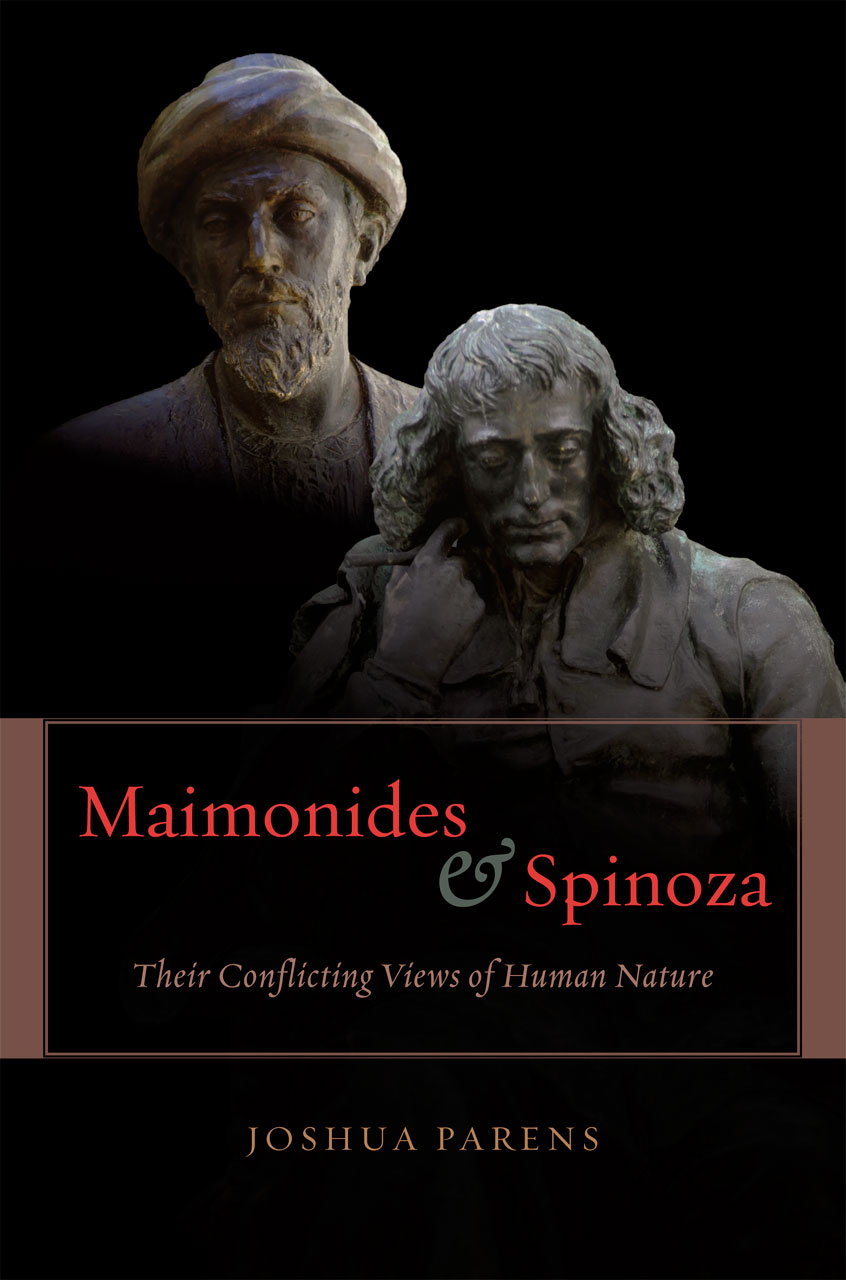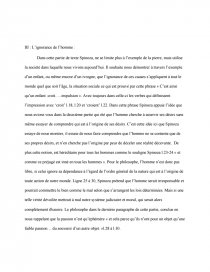

If, however, affectivity is understood as or identified with spontaneity (as above, when feeling is read as not being produced at will) we arrive at a strange result, at first glance at least: the same phenomenon is both passive and spontaneous. Accordingly, if passivity is tantamount to being reactive/responsive, then obviously feelings, unlike thoughts, can be said to be passive.

3 In this sense feelings are reactive/responsive, because they are secondary to something else.

Consequently, thought does not have to be reactive while feeling is a reaction or, if you prefer less biological and more philosophical language, a response to something that occurs, say, something that supervenes on a modification. But what would a distinction between practical and abstract feelings mean? It seems that in the realm of affectivity such a distinction doesn’t make sense. For instance, I can begin to undertake mathematical operations without their being necessarily reactive to some stimulus. To go further: we speak about practical thought and abstract thought, where the latter seems not to be reactive in any sense whatsoever. On the other hand, this situation shows the richness and variety of affectivity insofar as some genera, or maybe species of feeling, say of anger, can be produced or more easily produced, while others cannot. If what I say is correct, this would speak against cognitive approaches to affectivity, especially its strong version, which claims that all affective phenomena are inextricably based on cognition - unless it can be proved that the two situations, one in which I am feeling and another in which I remain indifferent to what has otherwise affected me, are cognitively different. Here the interlocutor is still reflecting, but for years has been left unaffected by any event he thinks could or should affect him. 2 Such accidental changes of heart can be systematized in a more general life approach and take a form detailed by Thomas Mann in his early novel Disillusionment: “the great and general disappointment which everything, all of life, has in store” (Mann 1936). This is also valid for unpleasant things: at some point I am afraid of this or that or overwhelmed by a sad mood or thoughts, and at another time a very similar - or even identical - environment does not affect me at all. I then realise that I miss it, and want to feel it, but do not succeed in producing or bringing it back. Sometimes, even worse, it happens when I am back in a place or circumstance in which I felt such and such, and this time this feeling is absent. when contemplating my favourite painting, listening to a piece of music, drinking my preferred wine, are patent evidence of this: I know or feel that I am used to feeling such and such in some circumstances, yet when my usual feeling does not emerge on a particular occasion there is nothing I can do about it. Examples of the inability to produce a usual feeling when it is absent, e.g. For I can very well ponder a problem out of nothing, whereas it is hard, or even impossible, to feel out of nothing. Seen from this angle, thought and emotions 1 are doubtlessly different.

Second, passivity is often identified with reactivity. Therefore, while action and activity cover more or less the same field, passion is much narrower than passivity. For example, being cooked is a passive state but it is not a passion as we understand this word. This is for the most part a linguistic issue: we tend today to link activity with action more than we link passivity with passion. First, I want to underline the asymmetry of the active/passive distinction and action/passion distinction.


 0 kommentar(er)
0 kommentar(er)
